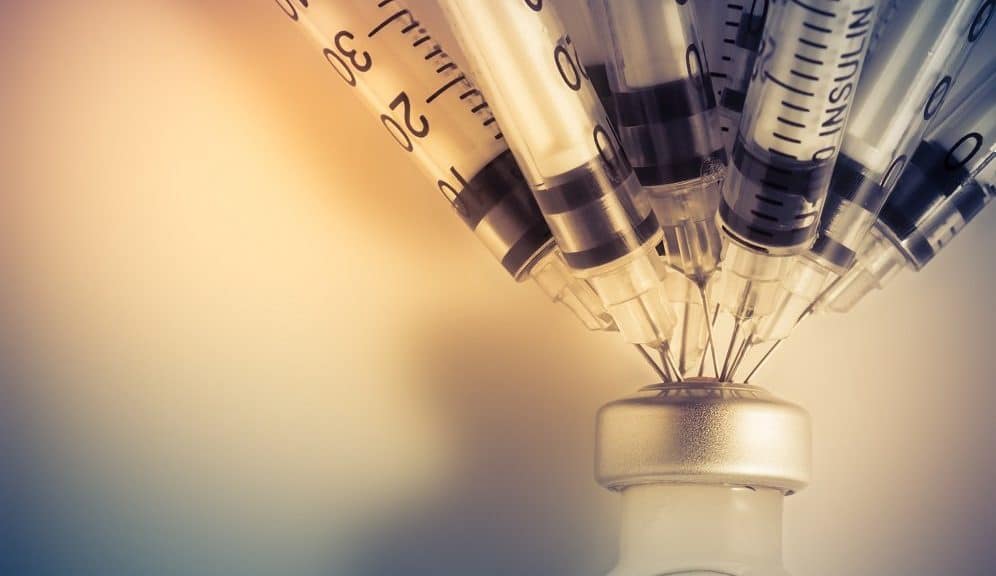Worldwide drug shortages causing concern among Australian doctors and pharmacists

In an article recently published in Fortune Magazine attention was drawn to a looming crisis in America’s healthcare system: ongoing and persistent shortages of essential medicines. Of greatest concern is that these drug shortages are being experienced, not with rare medicines, but with medications that are used and prescribed routinely every day – medicines that save lives.
The specific reasons for the shortages vary from medication to medication however a recurring theme is the alarmingly small number of companies and facilities approved to commercially manufacture some of these drugs. If you’re looking for a commercial manufacturer of kitchen bench tops there are literally tens of thousands around the world to choose from, however if you’re looking for a commercial manufacturer of potentially life-saving medication, you’ll be scraping to find more than a dozen. This small number is concerning because when there’s a hiccup in a pharmaceutical factory – something that’s bound to happen from time to time – the effect on drug supplies is immediate. There are very few legally approved and suitably resourced and equipped facilities to make up the shortfall.
As pointed out by Professor Sharona Hoffman in The Coversation recently, there are only seven facilities in the world that manufacture commercial sterile injectables; if one of these is subject to contamination or a technical hold up on the production line it creates a lag in supply that the other six facilities cannot make up.
The concentration of drug manufacturing factories in small areas is another cause for concern. A little known fact is that pharmaceuticals is Puerto Rico’s biggest manufacturing industry – it makes up 10 per cent of America’s drug supply. Some of the drugs manufactured on the island are not manufactured anywhere else in the world. If a natural disaster hit the industrial areas of Puerto Rico, the whole world would face some serious drug shortages that could have devastating consequences for health care. In fact that scenario almost played out in 2017 when Hurricane Maria devastated large parts of the island nation. Drug shortages in America peaked and the U.S. Government was forced to intervene, sending in personnel, equipment and resources to ensure the drug manufacturing industry got back to full production in short time.
Unfortunately it’s not just the small number of manufacturers or the occasional hurricane alone that contributes to drug shortages. Company buy-outs, ever-tightening government regulations and corporate apathy caused by diminished profit margins from common drugs (some have suggested) also play their part in medications becoming unavailable.
The Fortune Magazine article tells the story of a large trauma centre in Ohio that has run out of medicines they’ve used regularly for years. They are now forced to use substitute drugs that may not be as effective or as fit-for-purpose. The article describes another situation where a major New York hospital has been forced to officially ration a local anaesthetic, bupivacaine, commonly used for birthing mothers. This drug is now only administered to those in the most serious need, while others are given an inferior substitute.
Why should this matter to us here in Australia, where we don’t have drug shortages, you ask. It matters because we do have drug shortages, they just rarely hit the headlines. Every year on average 200 medications make the Therapeutic Goods Administration’s Medicines Shortages list. This is because all drugs prescribed in Australia come from overseas – roughly 43{648ff2b140dd79f8b10f01740237e66061b7c0f8b396ba52d99047c684c8722c} of the world’s commercial drugs are manufactured in China; 39{648ff2b140dd79f8b10f01740237e66061b7c0f8b396ba52d99047c684c8722c} in India; 13{648ff2b140dd79f8b10f01740237e66061b7c0f8b396ba52d99047c684c8722c} in the United States and 5{648ff2b140dd79f8b10f01740237e66061b7c0f8b396ba52d99047c684c8722c} in other countries. ‘Other countries’ does not include this one.
While there are currently no TGA or FDA approved commercial drug manufacturers in Australia, peppered throughout the community are a relatively small number of compounding pharmacies – compounding pharmacies that have the skills, expert training, licensing and highly specialised facilities to produce medications from scratch.
In fact they do it all the time, quietly, efficiently and with little fanfare. When a new medication hits the Medications Shortages list, compounding pharmacies across the country move into action and fill the many requests they receive from doctors on behalf of patients who can’t wait for the drug companies to step up production – they need their medication now.
It’s this ability to manufacture safe, reliable and effective medication when the big manufacturers can’t, that makes compounding pharmacies highly important in this current climate of rolling drug shortages.
